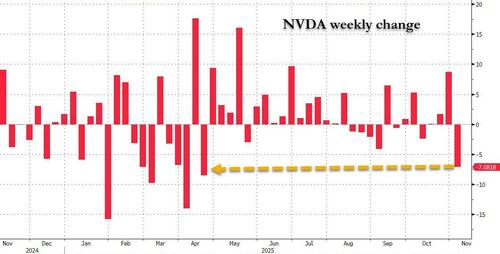Property tax has also risen this year. Again, a long overdue revision. It had not changed for nearly two decades but the state needs to raise more tax revenue to lower dependence on its share of the Centre’s tax collections.
Gas prices have gone up as well. From ₹610 two years ago, a cooking gas cylinder now costs over ₹1,000. This is also a necessary price correction for utility companies to manage their balance sheets better.
Unlike in Mumbai, where I lived earlier, we purchase water required for cooking and drinking in Chennai. Plus, nearly every summer, we contribute additional funds to pay for water tankers, as its municipal supply falls short. This year, flat owners have also paid additional funds to update power generators, fix leaking pipes, waterproof terraces, repaint exteriors, and so on. Such sudden and sharp increases in utility bills and general upkeep costs never go down well anywhere, especially when they exceed increases in household income, in any city or country.
The lesson? On the surface, energy price subsidies and ceilings may appear to be good policy, something that is easy to sell to the electorate. But, over time, utility companies accumulate large losses. Cross-subsidization through the government’s use of other funds becomes untenable. This is on top of the other distortions that price ceilings create, such as inefficient energy usage, a lack of incentive to adopt alternative energy sources, and corruption. The latter emerges as price caps result in shortages, an outcome of restricted supply given that producers lose money on additional production unless governments provide compensation. As the accumulated costs to the exchequer rise, corrective action becomes inevitable. It leads to sharp upward price revisions that often put household budgets under sudden strains.
These jumps in household outgoes make it politically tricky to continue with reforms. Public pressure mounts to apply the brakes. Else, a loss of popular support stares ruling parties in the face. There seems no way out but to slow the speed of reforms, and, at times, even change course, or at least bring the process to a standstill.
What would be the best way forward to convince citizens that price ceilings are not a good idea and that regular revisions in utility prices are inevitable? Can political leaders communicate to voters a better narrative of reforms to make a compelling case and mitigate the public backlash?
For example, a near doubling of a gas cylinder’s refill seems too high a price rise. But still, a gas cylinder that costs about ₹1,000 is typically used for cooking for 45-60 days by a family of four. That is just about ₹500-750 a month to cook almost all your meals, which works out to just about ₹25 per day. That is less than a cup of coffee these days in most places. Would such a framing of messages, which private players commonly use, help?
Another reason people complain about the rising cost of government services could be that they do not see these payments in isolation. We compare our aggregate payments (direct and indirect taxes) to the government relative to the total benefits we receive. Or at least what we perceive as receiving.
We also do not distinguish between what we pay the central government vis-à-vis a state government. Most citizens may not even know the division between central and state taxes, nor how the service responsibilities of the two administrations are separated. We also do not necessarily differentiate between tax payments and paying for services by government-owned firms. For us, all money appears to go to ‘the government’.
We compare our income transfers to the government with the functioning of the local police, state of law and order, level of corruption, healthcare and education facilities. We also compare potholes on city roads and the worsening traffic. We remember power fluctuations and disruptions in electricity supply during the peak summer and while watching cricket matches. And every incremental payment to the government seems unjustified. The relatively well-off who do not receive any income transfer from the government but bear most of the costs tend to view this as unfair.
What can governments do? The state can publicize the good they have been doing. For example, the government of Tamil Nadu recently began implementing its Ennum Ezhuthum scheme, with the help of the economist Karthik Muralidharan and his team, to bridge learning gaps caused by the pandemic. The results of it have been encouraging. After implementing a biometric authentication system, the state has also lowered leakages from the public distribution system. There is also work being carried out on a massive scale to stop city roads from getting flooded during rains. If the outcome is good, which perhaps people do not expect at present, then the public would surely be impressed.
In the meantime, in our apartment complex, we have decided against a mid-year revision of maintenance charges. We will wait for the following year, and for now, use the past surplus from our maintenance fund.
Governments do not have that luxury. They have been in a deep deficit.
Vidya Mahambare is a professor of economics at Great Lakes Institute of Management, Chennai.
Download The Mint News App to get Daily Market Updates.
More
Less















